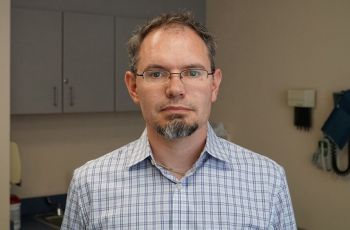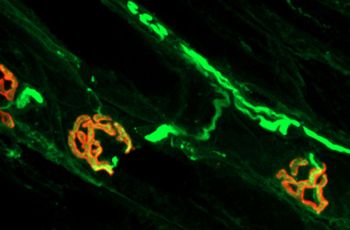Press Releases
A consortium led by GW has been refunded for their BioCompute Object Specification Project, thanks to a $2.2 million, five-year grant from the U.S. Food and Drug Administration.
Beginning March 1, 2020, Children’s National Hospital neonatologists will staff the neonatal intensive care unit and the Well-Baby Service at GW Hospital.
A joint group of researchers at the George Washington University and the University of Pittsburgh have found that dopamine and the dopamine D2 receptor modulate expression via the Wnt/β-catenin signaling pathway. This pathway is responsible for control of cell proliferation and organ identity and…
The GW School of Medicine and Health Sciences is pleased to announce that Timothy S. Harlan, MD, FACP, will join the faculty at GW and establish the GW Center for Culinary Medicine.
A research collaborative including the GW, Transcultural Psychosocial Organization Nepal, Tribhuvan University Teaching Hospital, Epidemiology and Disease Control Division of the Ministry of Health and Population of Nepal, Duke University, and King’s College London will investigate the efficacy of…
Lopa Mishra, MD, director of the Center for Translational Medicine at the GW Cancer Center and professor of surgery, Shuyun Rao, PhD, assistant research professor of surgery, and others published research in the journal Gastroenterology finding a connection between bacteria in the microbiome…
The National Institutes of Health awarded a research team at GW $7.8 million to establish a rare disease network for myasthenia gravis.
The AIDS and Cancer Specimen Resource has been renewed for five years with GW serving as the primary site.
GW Cancer Center researchers found that PTEN, a tumor suppressor gene mutated in approximately 20% of primary prostate cancers, and in as many as 50% of androgen deprivation-resistant prostate cancers, relies on another gene, ARID4B, to function.
Raja Mazumder, PhD, professor of biochemistry and molecular medicine, authored a paper published in PLOS ONE outlining the baseline biome of a healthy human gut. This will serve as a reference for doctors, patients, and researchers, giving them an idea of what a “normal” human microbiome looks…



